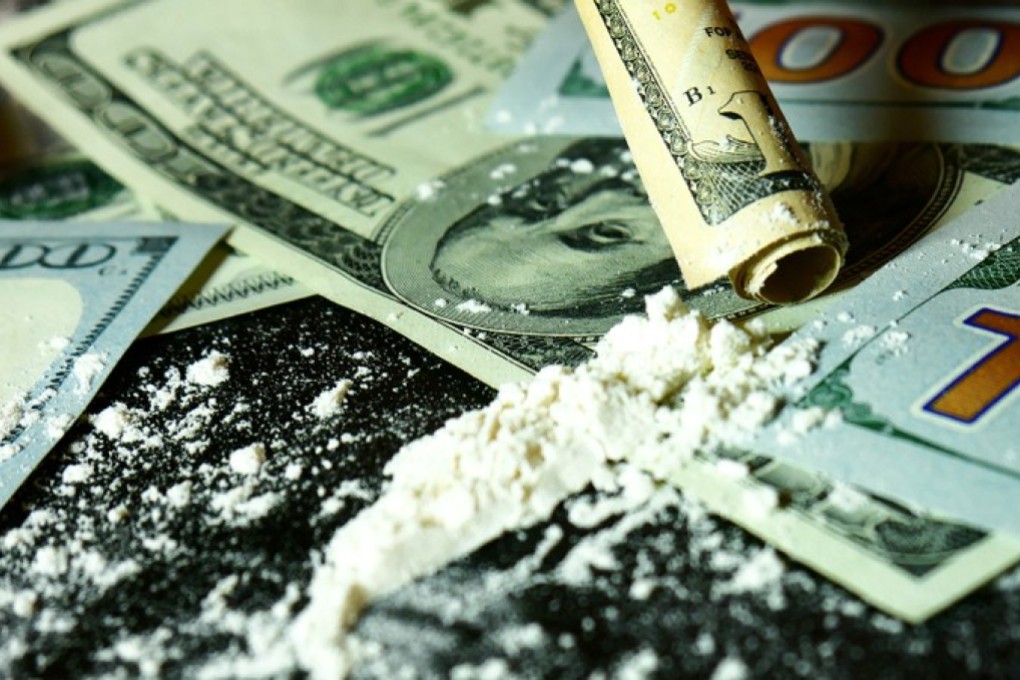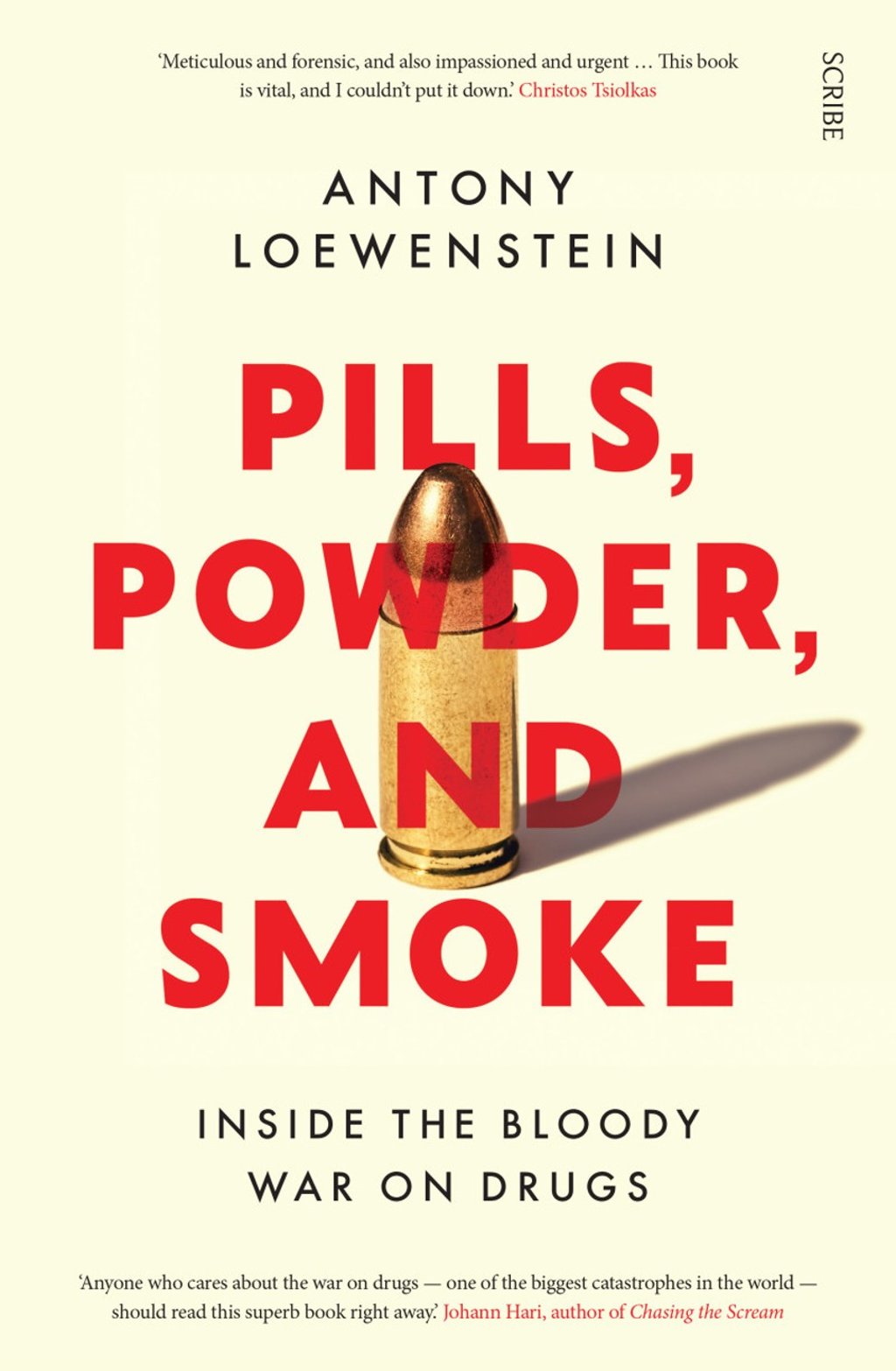Who really profits from the war on drugs? Author investigates global drug policy winners and losers
- Attitudes towards punishing and legalising drug use, crime, and the drug trade’s social and environment impact vary widely around the world
- Journalist Antony Loewenstein imagines what a system of fair-trade cocaine production might look like, and its benefits

In August 2018 there was a flurry of headlines about the hypocrisy of middle-class cocaine users, dubbed “the woke who do coke”.
Hot takes were prompted by the comments of Greater London’s police commissioner, Cressida Dick, who criticised those who advocate eating and wearing ethically sourced products but do not apply the same reasoning to the drugs they take, thus fuelling demand for a substance associated with a rise in UK gang murder rates.
It was a sentiment repeated this June by Colombian President Iván Duque, in an interview with The Guardian, but with a focus instead on the devastating social and environmental damage cocaine production causes.
A counterargument is that the United States government’s drug policy is responsible for targeting the most vulnerable populations as a form of control. That is something journalist Antony Loewenstein investigates in his new book, Pills, Powder and Smoke: Inside the Bloody War on Drugs.

He was also moved to write the book by conversations that suggested many people mistakenly think the war on drugs is winding down. Those in a bubble of privilege are more likely to pay attention to news stories about the legalisation of cannabis, pill-testing trials and the advancement of psychedelic psychotherapy than, say, the violence in Honduras.